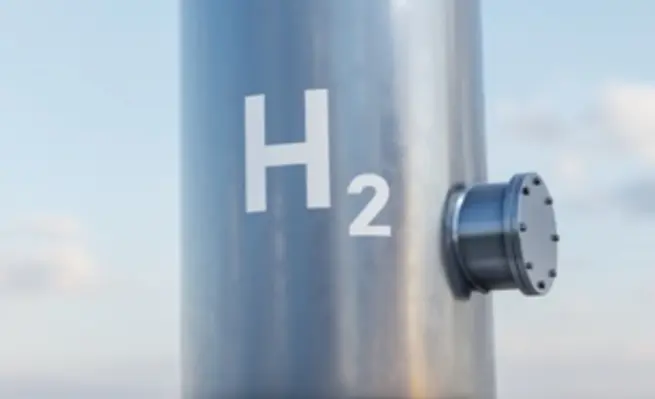DNV, the global independent energy expert and assurance provider, is launching the second phase of H2Pipe, a joint industry project (JIP) aiming to develop a new code for the design, re-qualification, construction and operation of offshore pipelines to transport hydrogen – either pure or blended with natural gas
DNV’s Hydrogen Forecast to 2050 anticipates that over 50% of hydrogen pipelines globally (and as much as 80% in some regions) will be repurposed from existing natural gas pipeline networks, as it is expected to cost less than 35% of new builds.
A large-scale deployment of hydrogen transport through pipelines requires the best possible balance between safety and cost-effectiveness. It is essential to develop more accurate, reliable, and possibly less conservative code requirements for the optimal design of newbuilt pipelines and the assessment of the requalification of existing infrastructures, as well as a better understanding of the real design limitations.
Industry players are exploring ways of transporting hydrogen as an additive or replacement for natural gas, but currently, offshore pipeline codes insufficiently cover the transport of hydrogen or hydrogen blends by offshore pipelines. A special concern in this respect is the potential detrimental influence of hydrogen on resistance to cracking in carbon steels. To support the uptake of hydrogen as an energy carrier, it is imperative to update the standard, to reach design and material requirements that do not compromise pipeline integrity and safety.
Phase 2 of H2Pipe is planned to start in Q1 2023 and last two years. It will consist of a comprehensive experimental test programme to enhance the understanding of the governing hydrogen embrittlement mechanisms and how hydrogen affects the integrity of the line pipe material. In addition to the experimental test campaign, Phase 2 will also include tasks such as a feasibility level design of offshore hydrogen pipelines and a risk assessment study to look at safety aspects of offshore hydrogen pipelines. The primary outcome of Phase 2 of the JIP is expected to be a detailed guideline offering specific guidance for use in design and re-purposing of offshore pipelines for hydrogen transport.
“The results from this JIP will allow us and our partners to further develop the guideline to a level where it can offer direct and detailed support in the design and re-qualification of offshore hydrogen pipelines. With real design limitations, industry players will be able to design – or repurpose – pipeline systems fit for the safe transportation of hydrogen, and to implement adequate mitigation measures if necessary,” said Jan Fredrik Helgaker, senior engineer and JIP lead, Energy Systems at DNV.






